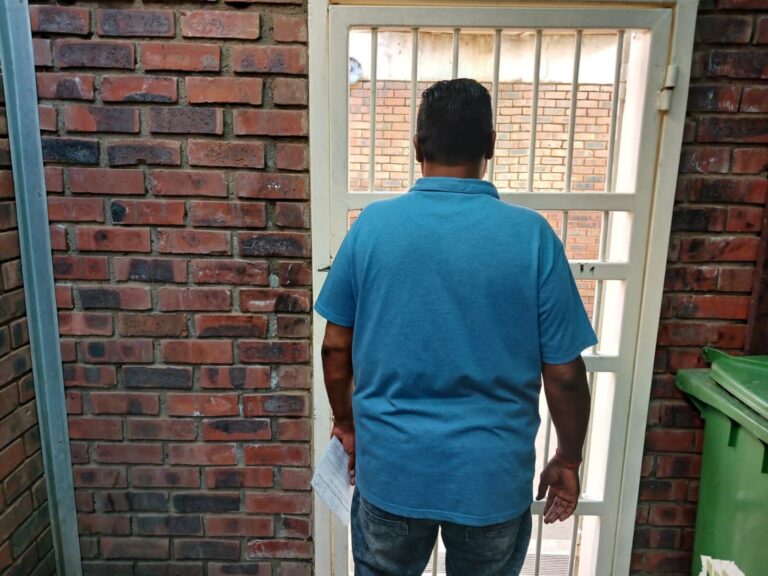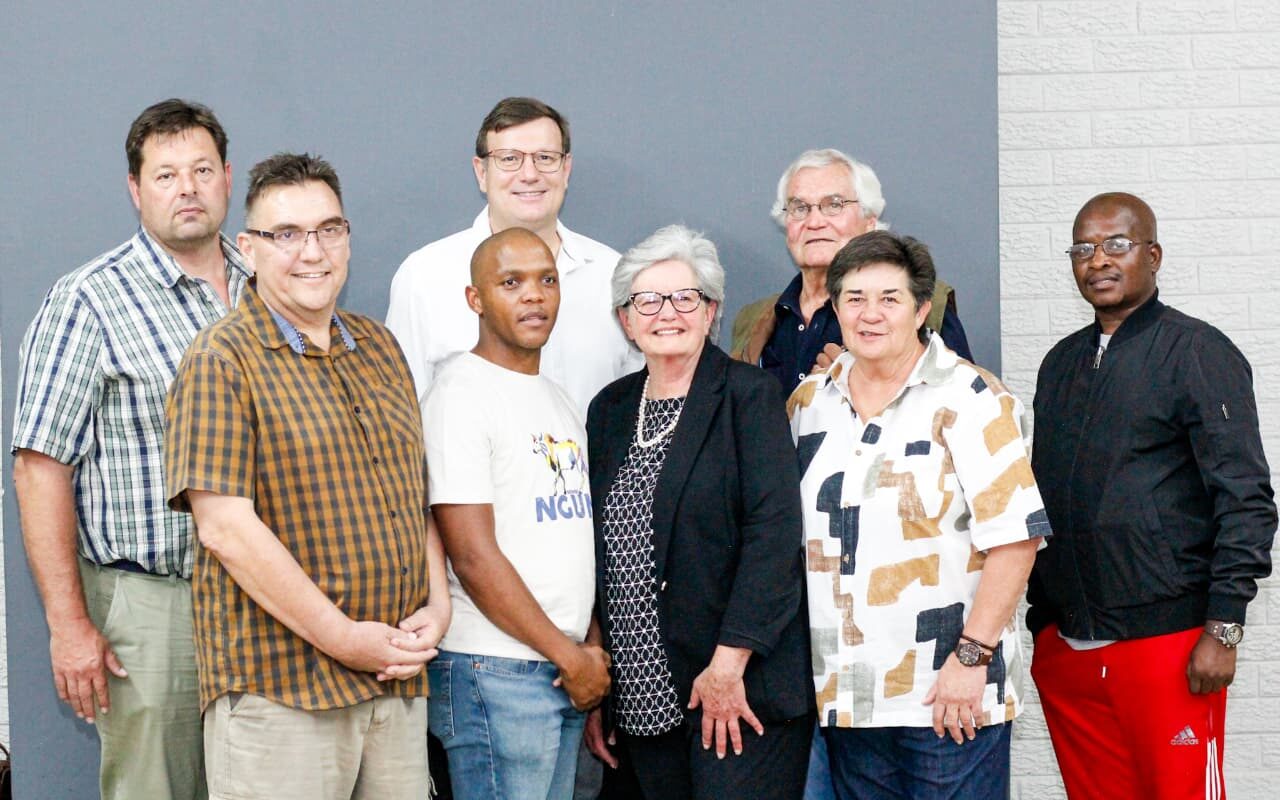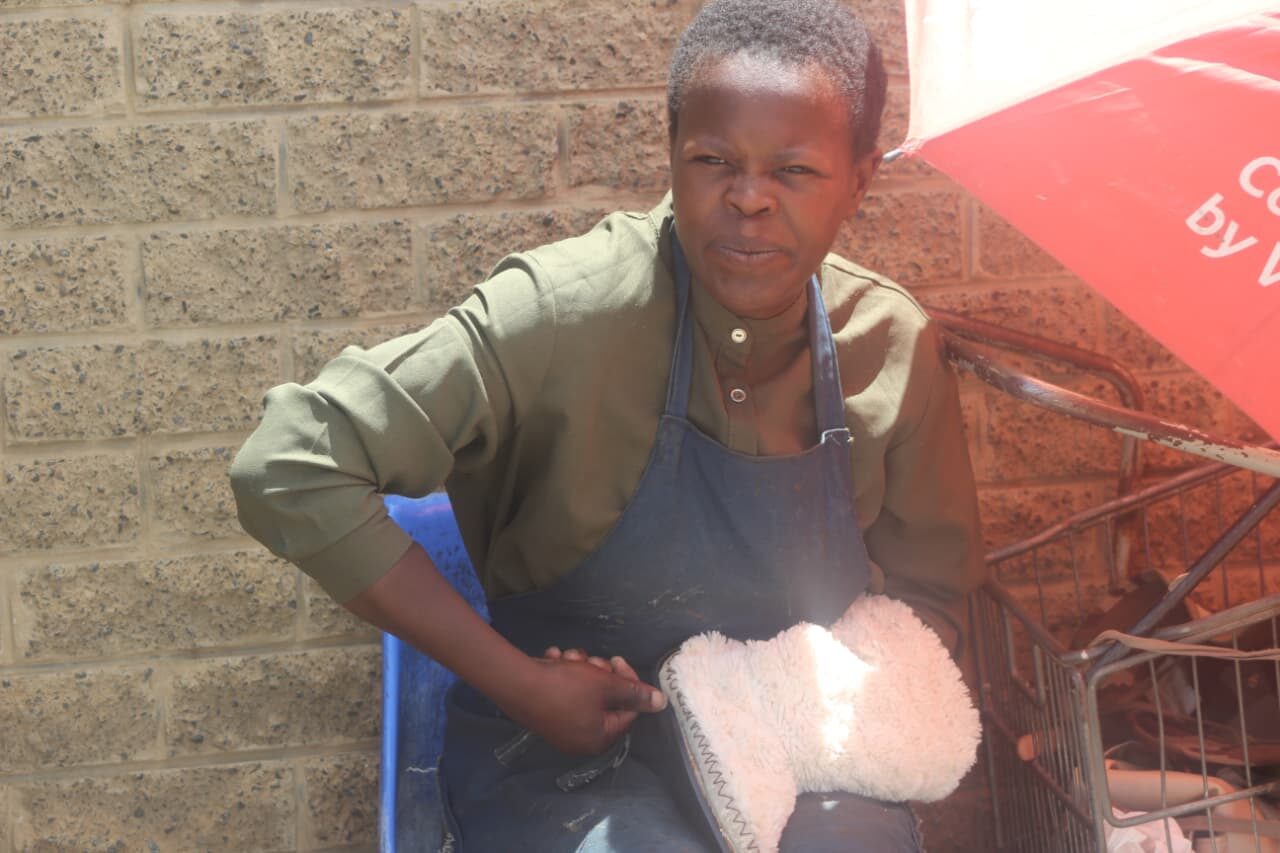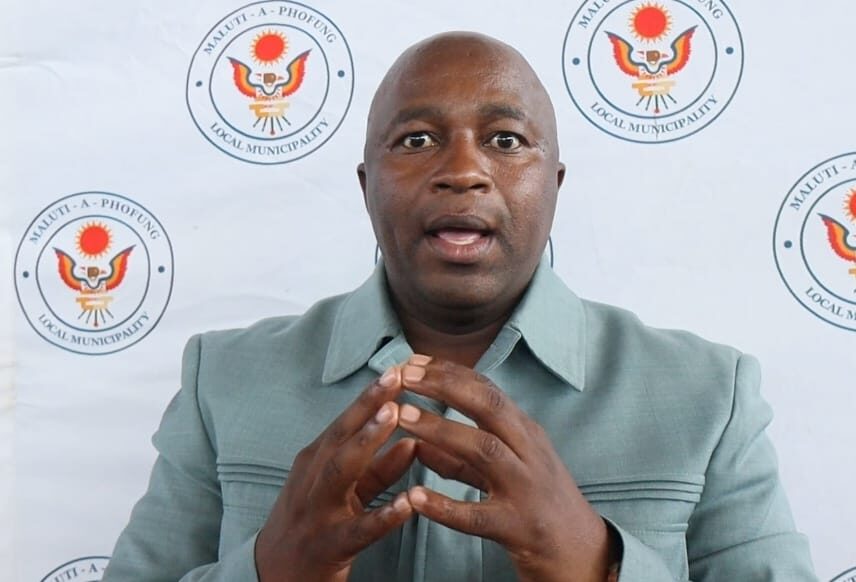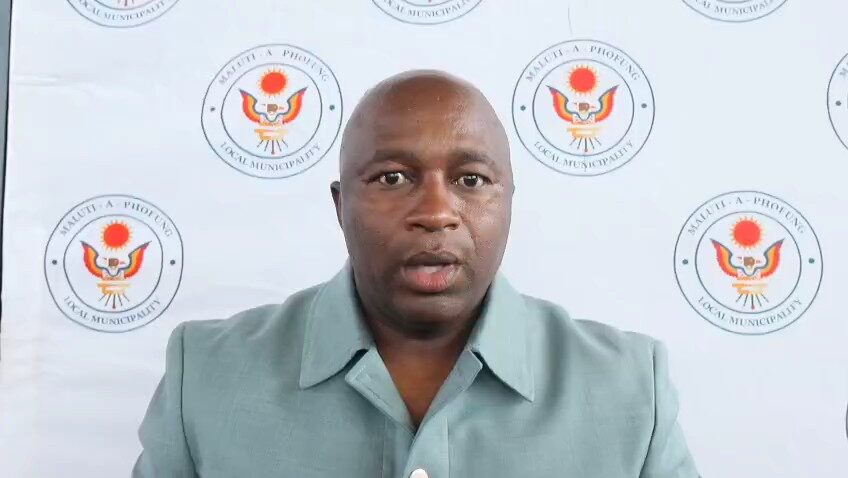By Emily Setona
QWAQWA – Maluti-a-Phofung (MAP) local municipality is in critical condition, and the risk chairperson of the audit committee, Lekula Sydwell Mofokeng, has labelled it ‘it a municipality in the “Intensive Care Unit (ICU)’.”
Speaking during a council sitting on 16 November, Mofokeng warned council members that their greatest risk lies in operating without credible and factual information, a failure that jeopardizes service delivery and governance.
“As a committee, we fear failure. There have been moments when we wanted to leave this municipality because our professional reputations are at stake. We have worked with other failing municipalities that managed to turn things around, but that required commitment from both the council and management staff.”
Mofokeng, in his capacity as risk chairperson, explained that the audit committee is mandated under Section 166 of the Municipal Financial Management Act (MFMA) to advise the council on financial reporting, risk management, and compliance with legislation. He added that the committee also oversees internal and external audits, ensuring proper performance evaluations and adherence to the Division of Revenue Act.
The MAP council has not been taken into confidence about the full extent of the lapses in the performance of the municipality. There are critical issues that the audit committee is required by law to report on, yet this council remains unaware of them. Successive Auditor-General reports have flagged these deficiencies, and little has been done to address them.
Mofokeng pointed to MAP’s classification as one of three municipalities in the country causing harm to its community as evidence of its dire state. The number of successive audit reports and the failure to implement remedial actions highlight a deep-seated problem. It’s a crisis that reflects poorly on everyone involved in managing this municipality, Mofokeng explained to council.
Council members acknowledged the seriousness of the situation and proposed measures to address it. DA councilor Alison Oates suggested workshops to help councilors better understand the audit committee’s reports.
“When the audit committee presents their findings, we are not able to give them the attention they deserve. Workshops would allow us to focus entirely on these reports and ensure we fully understand the issues at hand,” Oates said in an interview with The Guard.
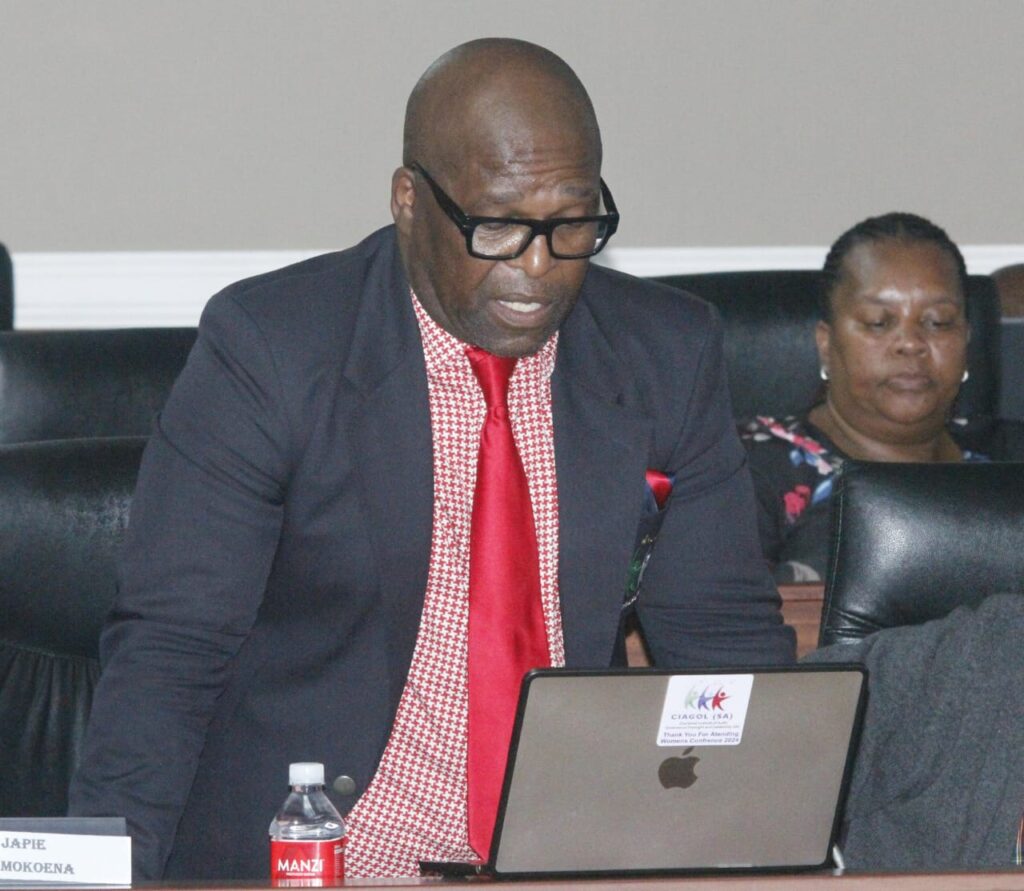
Risk chairperson of audit committee Lekula Mofokeng.
MAP16 councilor Paratlane Motloung echoed her concerns, describing the audit committee’s report as a damning assessment of the council’s performance. “We have failed for years to heed the advice of the audit committee. While the blame lies partly with the council, our officials have also been uncooperative, failing to submit necessary reports and information. A lack of proper management has been at the heart of MAP’s problems.”
Mofokeng concluded his presentation by urging the council to revise its standing rules, ensuring oversight structures like the audit committee and Municipal Public Accounts Committee (MPAC) are fully integrated into municipal operations.
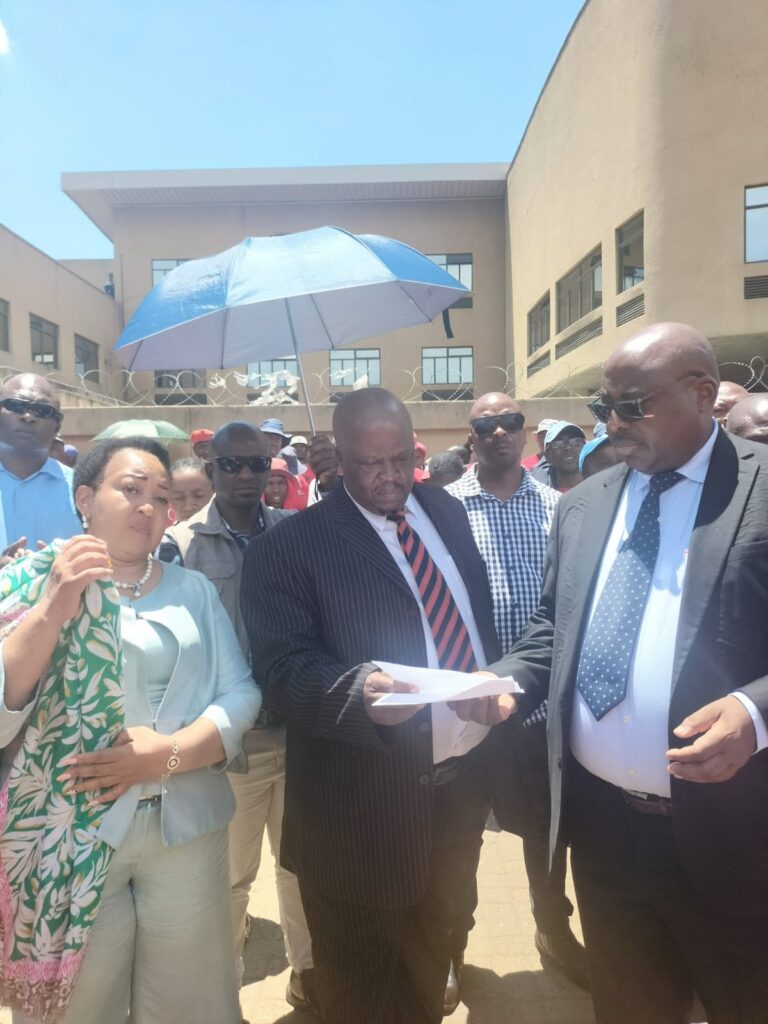
On the left new Motsoahae Mofokeng handing over EFF memorandum to council whip Moeketsi Lebesa and executive mayor Malekula Melato on the right.
MAP cannot afford to operate without credible and validated information and the path to recovery requires commitment, transparency, and accountability from everyone involved. Without those elements, MAP will remain in critical condition.
The council’s acknowledgment of the audit committee’s concerns marks the first step toward recovery, but decisive action is needed to pull the municipality out of its current crisis.







